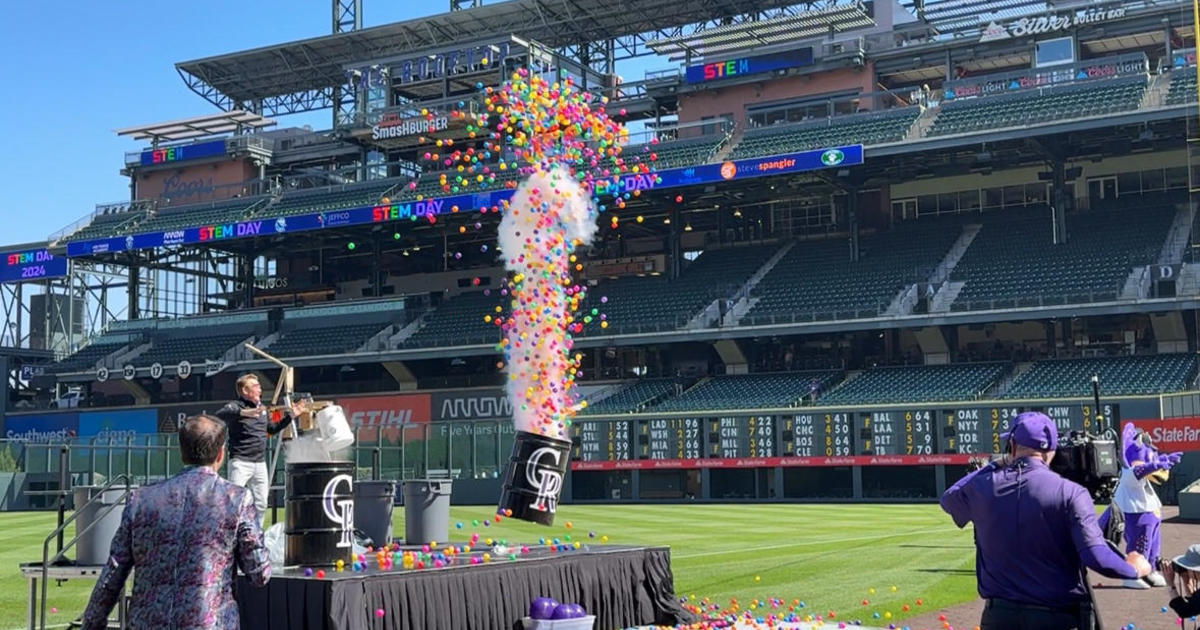Local Experts: Rare Meteor That Struck Earth Could Happen Often
DENVER (CBS4)- Scientists at the Denver Museum of Nature and Science said the meteor that struck Earth likely came from an asteroid belt between Mars and Jupiter. And it could happen more often.
They believe it could have been struck out of that belt like a loose billiard ball millions of times larger and shot off in an infinite number of directions sometimes landing on Earth more often than you'd expect.
The meteor lit up the sky and broke the sound barrier in Russia.
The sonic boom broke windows and collapsed roofs. It also left more than 1,000 people injured.
"When it hits the Earth's atmosphere it's like it's doing a belly flop," said Dir. of Planetary Science at the Denver Museum of Nature and Science Steve Lee.
He said the meteor never hit the ground.
"It's actually not all that rare. We think something this size probably hits the Earth every few days and weeks," said Lee.
Russia is no stranger to celestial strikes. A wayward meteor struck Siberia a century ago with the force of an atomic bomb, knocking down trees for 800 square miles.
The meteor that struck Friday could have been the size of a refrigerator or a small bus. It was too small to make a big impact but there are plenty more where it came from.
"There's lots of stuff out there. These are the crumbs left over from the creation of the solar system," said Lee.
Scientists said thousands of objects cross Earth's orbit every year. There's now enough monitoring of the sky that cameras could have captured the meteor's entire flight.



